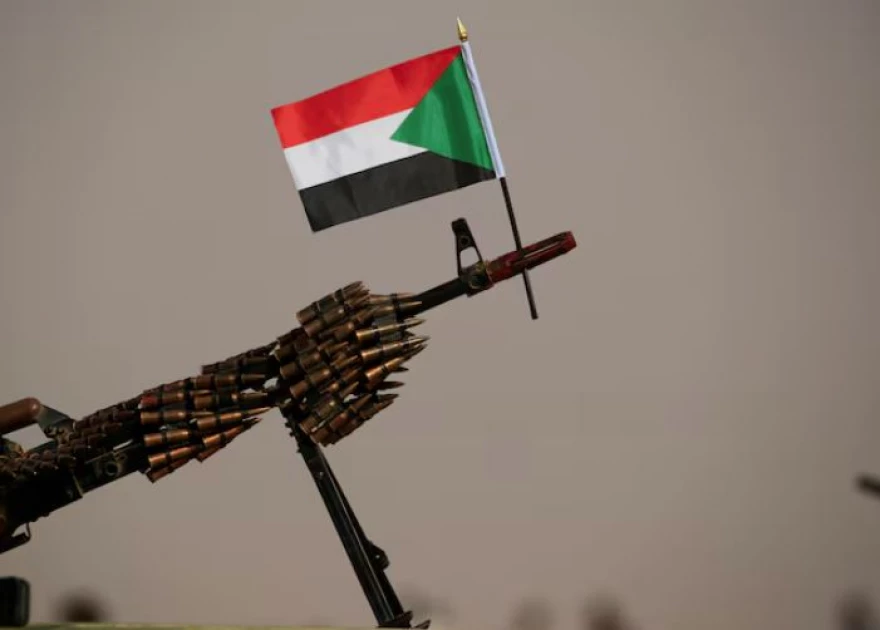Sudan has strongly condemned Kenya for facilitating meetings of the Rapid Support Forces (RSF) that culminated in the announcement of a parallel government in the war-torn country. In a scathing statement issued by the Sudanese Ministry of Foreign Affairs, Khartoum accused Nairobi of violating Sudan’s sovereignty and interfering in its internal affairs.
The Sudanese government’s anger stems from a series of meetings hosted by Kenya in February at the Kenyatta International Convention Centre (KICC), which brought together RSF leaders and allied factions under the Sudan Founding Alliance. These talks, which the Sudan government opposed, included senior RSF officials such as General Mohamed Hamdan Dagalo (Hemedti) and his deputy and brother, Abdul Rahim Dagalo.
Last Saturday, the RSF unveiled a 15-member presidential council in Nyala, Darfur, naming Hemedti as the head of the parallel government and appointing SPLM–North leader as his deputy. Mohamed Hassan al-Taishi was named Prime Minister, alongside regional governors in areas under RSF control.
Sudan maintains that these developments are a direct result of the Nairobi meetings and has called on the international community, neighbouring states, and regional blocs like the African Union and IGAD to reject the RSF’s formation of a “secular Sudan.”
Kenya, however, has denied enabling the creation of a parallel government. Prime Cabinet Secretary and Foreign Affairs CS Musalia Mudavadi insisted the Nairobi meetings were in line with Kenya’s long-standing tradition of offering neutral ground for peace processes. Mudavadi clarified in April that no Sudanese government was declared or formed in Kenya, adding that the platform merely facilitated dialogue and self-determination discussions.
Despite Kenya’s stance, Sudan views the RSF’s political move as a dangerous escalation. The junta warned that any recognition of the RSF-led entity would be treated as an attack on Sudan’s sovereignty and a violation of the will and resources of its people.
The rift highlights a growing regional diplomatic strain, as the Sudanese conflict continues to destabilise the Horn of Africa.

